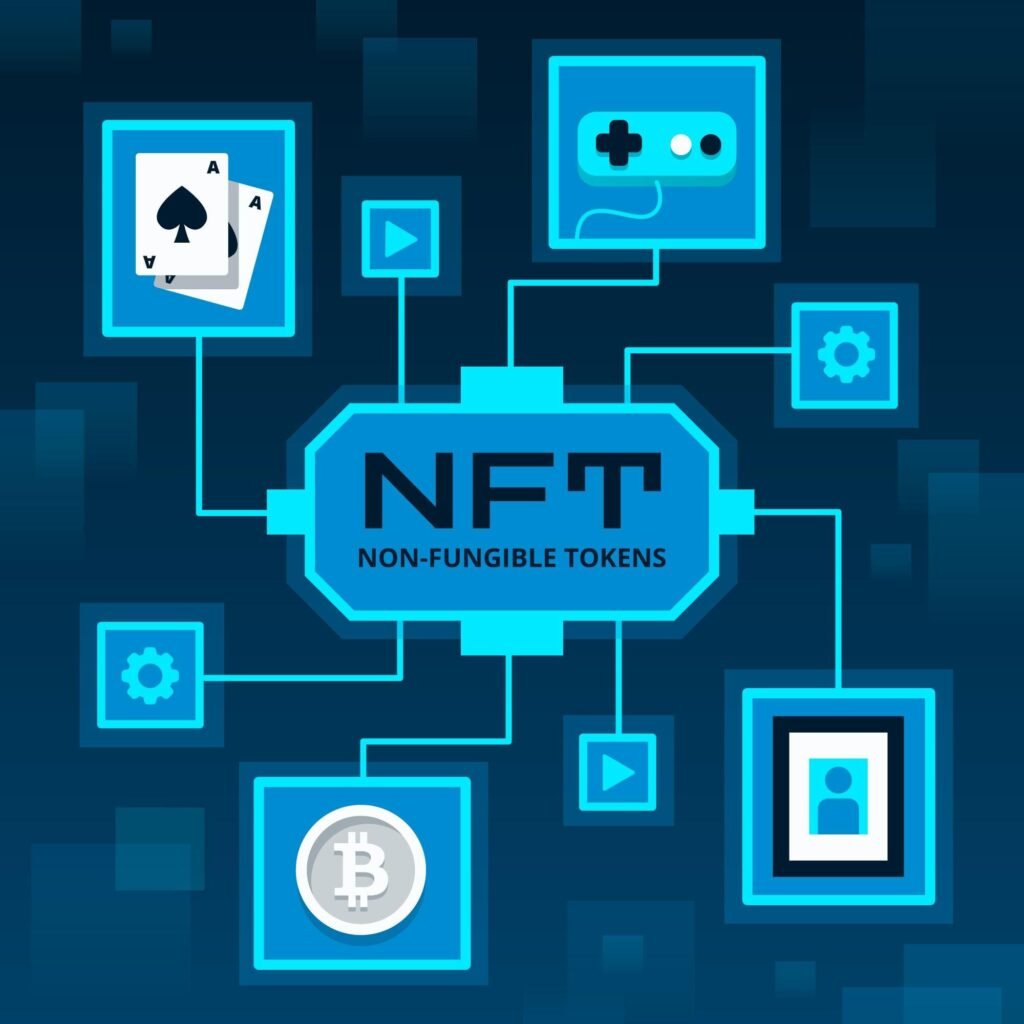Cashless Control: How Digital Wallets and AI Could Shape Your Financial Freedom in 2025
Are we gaining convenience or losing control? Explore how AI and digital wallets are revolutionizing finance—while quietly reshaping your freedom and money habits in 2025.
By Fin | FinHacksFix | Category: Money & Trends
Cashless Control: How Digital Wallets and AI Could Shape Your Financial Freedom in 2025
Are we gaining convenience or losing control? Explore how AI and digital wallets are revolutionizing finance—while quietly reshaping your freedom and money habits in 2025.
By Fin | FinHacksFix | Category: Money & TrendsExplore:
Cashless Control: Digital Wallets and AI in 2025
In the age of AI-driven finance, digital wallets are no longer simple tools for payments—they’re intelligent trackers analyzing your habits, preferences, and movements. In 2025, many wallet apps use artificial intelligence to predict spending behavior, optimize ads, and even flag “suspicious” activity. While convenient, this shift also represents one of the biggest threats to financial privacy in recent history.
Each tap, swipe, and scan is recorded. When combined with location data, purchase history, and behavioral patterns, AI models can create deeply personal profiles. These are often sold to third parties for targeted advertising, credit scoring, or surveillance. Even if you trust your wallet provider, you may not know where your data ends up—or how it’s used to influence your decisions.
Some governments and corporations justify AI surveillance in the name of fraud prevention or financial safety. But critics argue that the line between protection and overreach is blurring. Imagine being denied a loan because your wallet’s AI noticed you spent too much on takeout last month—or being flagged for buying politically sensitive content.
To stay informed, users must review privacy settings, understand what data their wallet collects, and choose providers with transparent data policies. Some decentralized wallets offer open-source alternatives that store minimal data or encrypt it client-side. While complete anonymity is rare in modern finance, regaining control over your digital trail is still possible.
Cashless convenience comes at a cost. If you’re not paying attention, that cost might be your freedom. For more on managing your data in the AI economy, read our article on freelance platforms and privacy.
